Description
Guggul (Commiphora wightii)- Plant
In the realm of herbal medicine, few plants hold as much mystique and medicinal prowess as the Guggul plant (Commiphora wightii).
Ayurveda reveres this small, thorny shrub native to India, and people have treasured it for centuries for its remarkable health benefits. Ancient sages and modern researchers alike continue to grow intrigued by Guggul, as scientific exploration unveils its therapeutic properties.
In this comprehensive guide, we delve into the depths of the Guggul plant, uncovering its history, uses, and the science behind its acclaimed health benefits.
The History and Cultural Significance of Guggul Plant
The Guggul plant has a rich history deeply rooted in Ayurvedic tradition. For over 3,000 years, it has been a cornerstone of Ayurvedic medicine, revered for its multifaceted healing properties. Ancient texts such as the Charaka Samhita and Sushruta Samhita celebrate Guggul as a potent remedy for a wide array of ailments, from arthritis to obesity.
The Medicinal Properties of Guggul:
Modern research has shed light on the pharmacological basis of Guggul’s therapeutic effects. The plant contains bioactive compounds such as guggulsterones, which exhibit anti-inflammatory, antioxidant, and cholesterol-lowering properties. Experts believe these compounds are responsible for many of Guggul’s health benefits, including its ability to support cardiovascular health, promote weight loss, and alleviate joint pain.
Health Benefits of Guggul Plant :
- Cardiovascular Health: Guggul has been shown to reduce cholesterol levels. It improve lipid profiles, making it a valuable ally in the prevention of heart disease and atherosclerosis.
- Weight Management: Guggul’s metabolism-boosting properties have garnered attention in the realm of weight management. Studies suggest that it may aid in fat loss and promote healthy weight maintenance.
- Joint Support: In Ayurveda, Guggul is revered for its ability to alleviate joint pain and inflammation. Modern research supports its use as a natural remedy for conditions such as osteoarthritis and rheumatoid arthritis.
- Skin Health: Guggul’s antimicrobial and anti-inflammatory properties make it a popular ingredient in skincare products. It is believed to help treat acne, eczema, and other skin conditions.
How to Incorporate Guggul into Your Wellness Routine:
Guggul supplements are widely available in various forms, including capsules, tablets, and extracts. When choosing a Guggul supplement, opt for standardized extracts containing high levels of guggulsterones for maximum efficacy. It is essential to follow dosage recommendations and consult with a healthcare professional before starting any new supplement regimen.
You can also use Guggul topically in the form of creams or ointments for skin conditions or add it to herbal teas for internal use.
Conclusion:
The Guggul plant stands as a testament to the enduring wisdom of traditional medicine systems. As modern science continues to unveil its secrets, the therapeutic potential of Guggul remains as captivating as ever. Whether you seek to support your heart health, manage your weight, or alleviate joint pain, incorporating Guggul into your wellness routine may offer a natural and effective solution. Embrace the ancient wisdom of Ayurveda and discover the transformative power of the Guggul plant today.




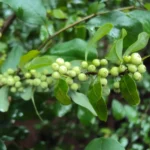
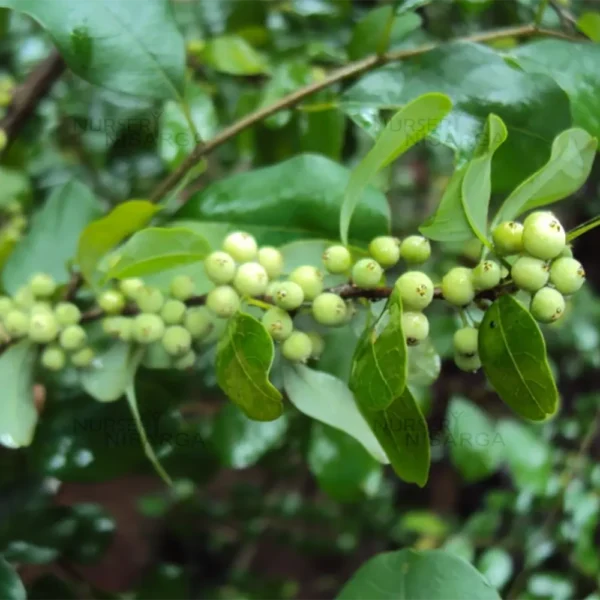



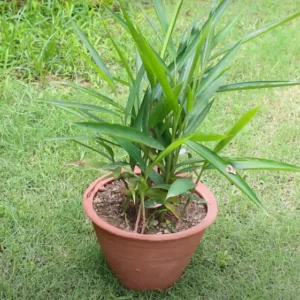
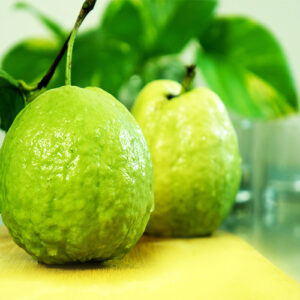
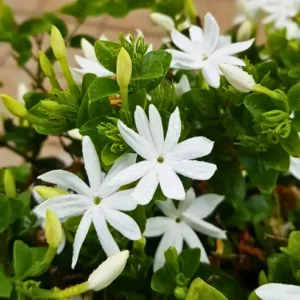
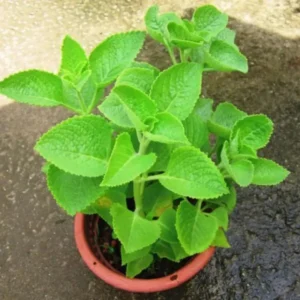
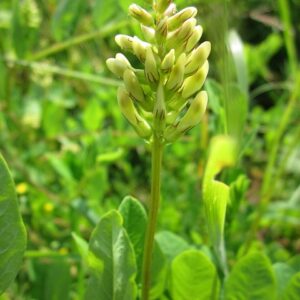
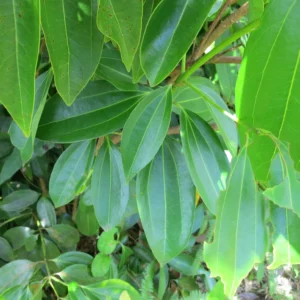
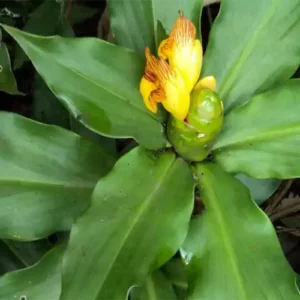

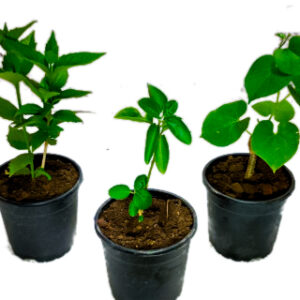
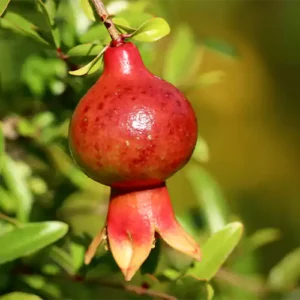
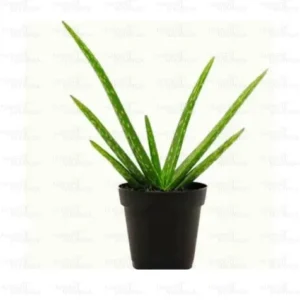
Reviews
There are no reviews yet.